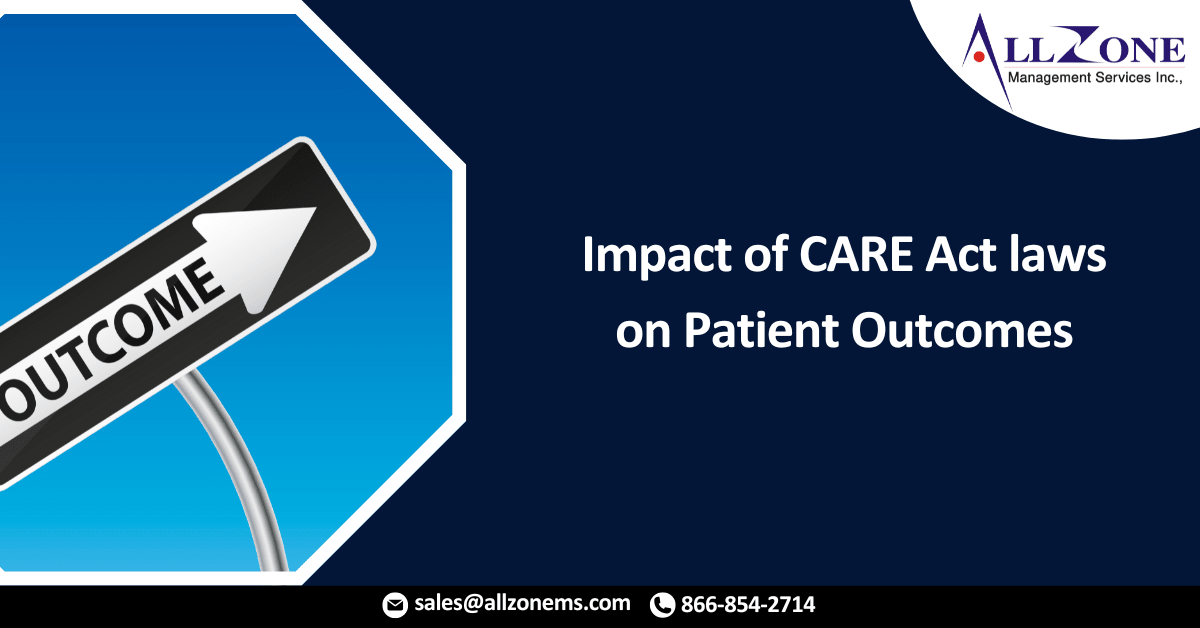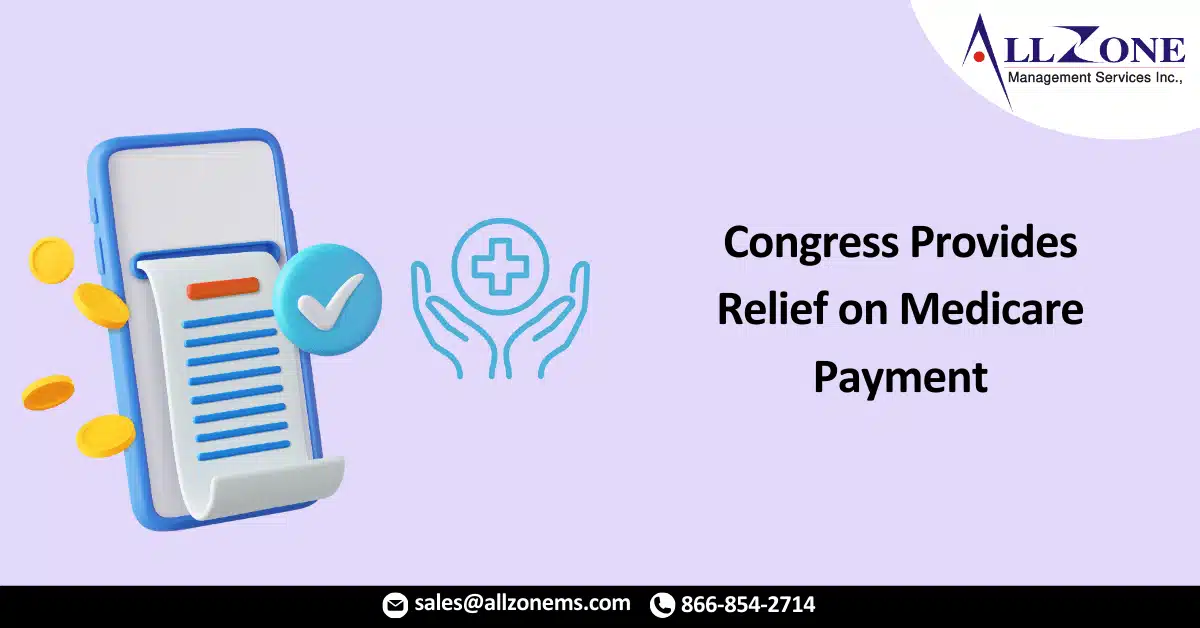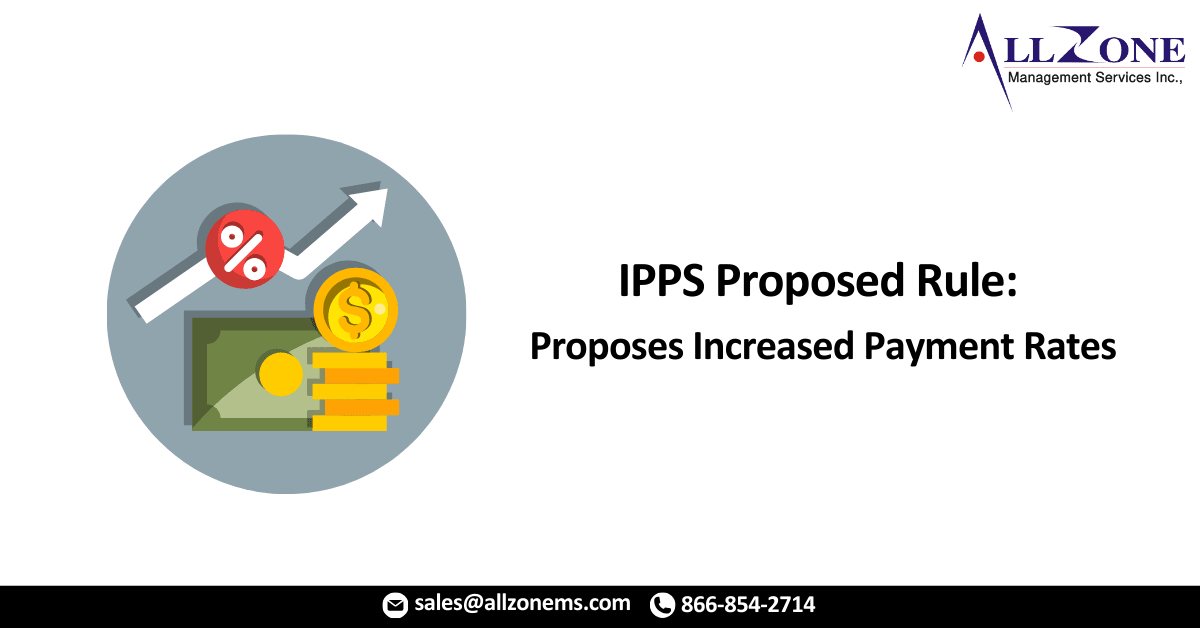Policies designed to improve communication with patients and caregivers during hospitalization appear to be leading to better outcomes, researchers have found. Researchers with the University of Pennsylvania examined the impact of state laws that bring the caregiver into the process. The findings of the study were published May 1 in Jama Network Open. Since 2014, 42 states have […]
The $1.4 trillion omnibus legislative package passed by Congress late Monday includes COVID-19 related relief for physicians, imposes new restrictions on surprise billing, and funds the government through fiscal 2021, which ends Sept. 30. The legislation mitigates budget neutrality cuts that would have slashed physician Medicare payment rates by 10.2% and extends the moratorium on the […]
The government is working at warp speed to make a COVID-19 vaccine available in the United States. To that end, the Centers for Medicare & Medicaid Services (CMS) recently published an interim final rule with comment period (IFC) to implement Section 3713 of the Coronavirus Aid, Relief, and Economic Security Act (CARES Act), which established Medicare Part […]
CMS provided clarification on submitting inpatient claims for patients diagnosed with novel coronavirus (COVID-19) without a positive viral test, in an update to MLN Matters SE20015 released September 11. Earlier this year, the CARES Act increased the MS-DRG weighting by 20% for a COVID-19 diagnosis. Although the CARES Act doesn’t specify that the diagnosis must be supported by a […]
The Trump administration is now going to require all hospitals to submit daily critical information on COVID-19, including bed capacity and the availability of essential supplies. The Centers for Medicare & Medicare Services (CMS) released an emergency regulation Tuesday calling for the mandatory reporting. The agency also posted new requirements for lab reporting and […]
Healthcare is the industry most at-risk during the coronavirus (COVID-19) pandemic. Providers are on the front lines of response efforts. At the same time, the financial implications of the pandemic are also creating significant revenue cycle challenges, putting providers even more at risk during the pandemic. Individuals are postponing non-emergency care for many reasons, from […]
As Eisenhower Health reopens following the peak of COVID-19, leaders are leaning on technology and strategies that improve efficiency to ensure health system financial stability during the recession. When COVID-19 really hit the Coachella Valley area of California in mid-March, volumes dropped by as much as 60 percent at Eisenhower Health. For a health system […]
How to code Medicare Part B claims for reimbursement. These past few months have been a whirlwind for everyone, but it’s fair to say medical coders have been hit with a category 5 hurricane. New codes and revised guidelines have been whirring about, making our heads spin. And now we have another new CPT® code […]
Healthcare providers are granted even more latitude for use of telehealth services during the COVID-19 public health emergency. On a Friday, at month-end, the Centers for Medicare & Medicaid Services (CMS) kindly dropped another bomb on us: more temporary policy changes during the public health emergency for COVID-19. We may have this all sorted out just […]









